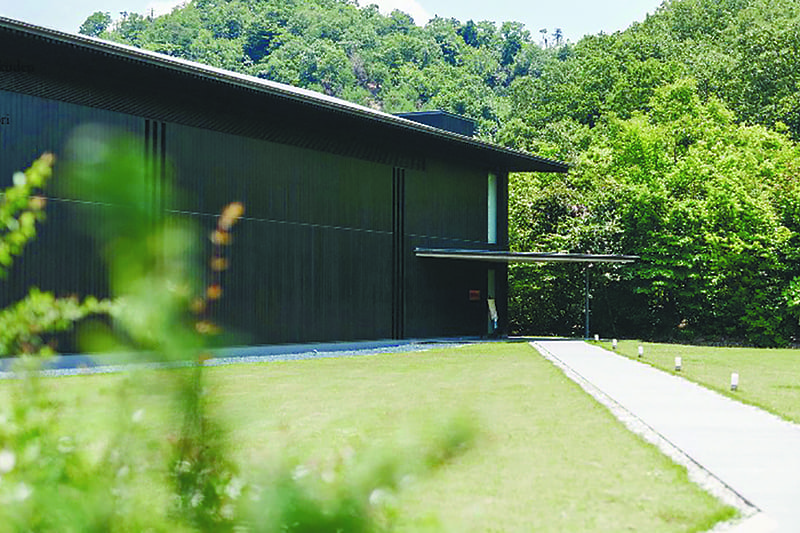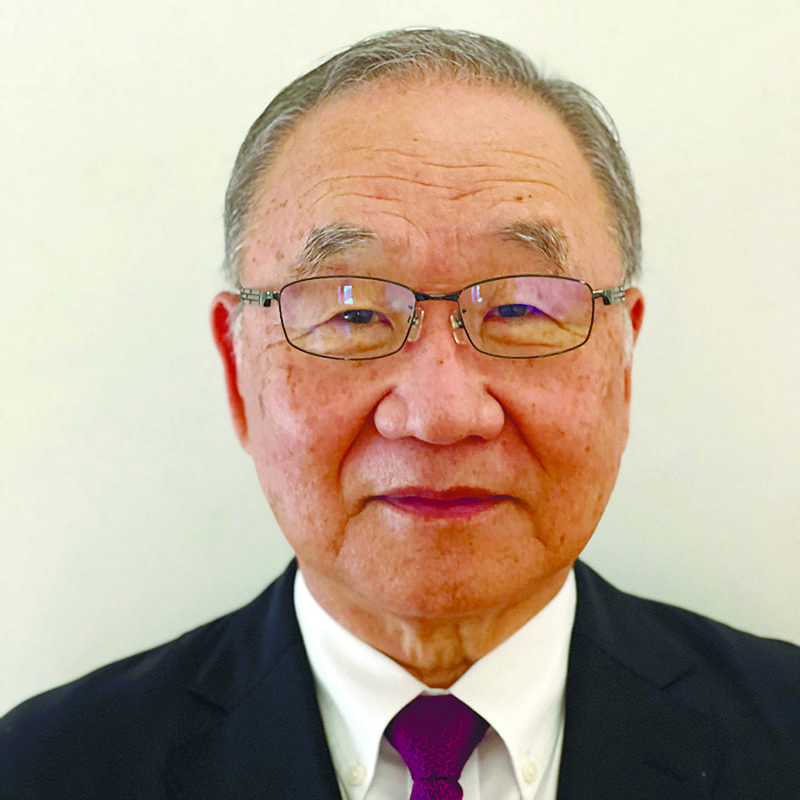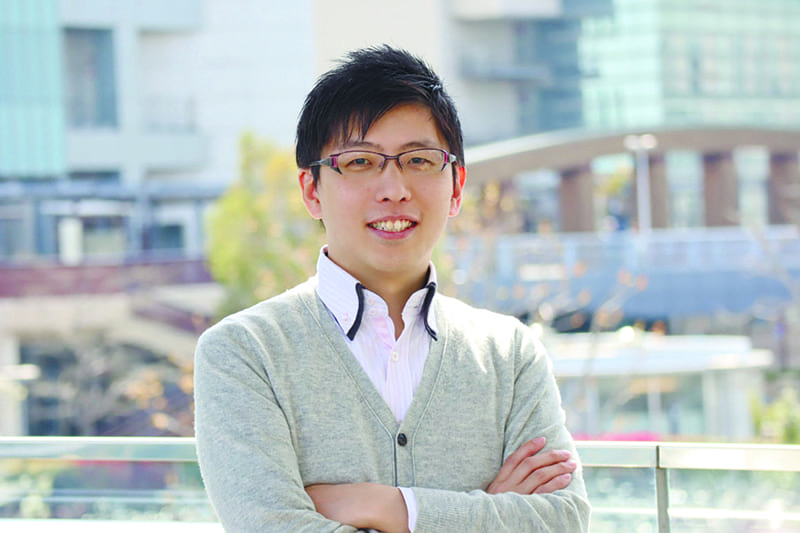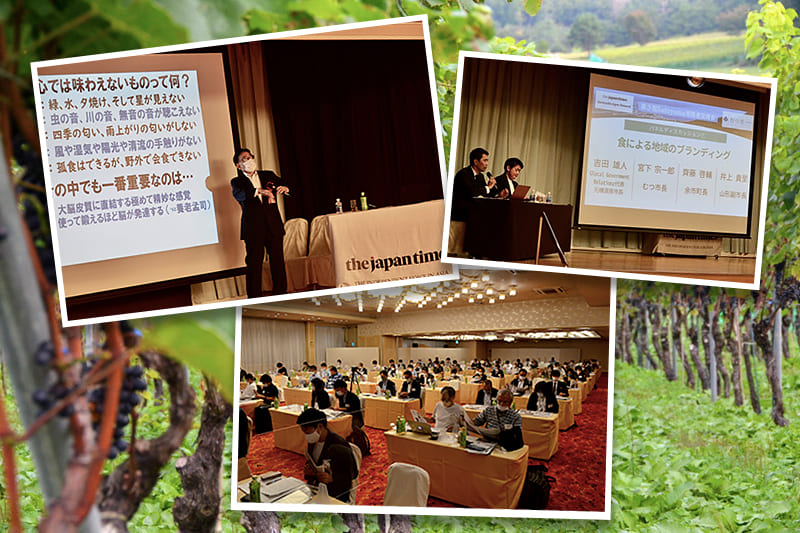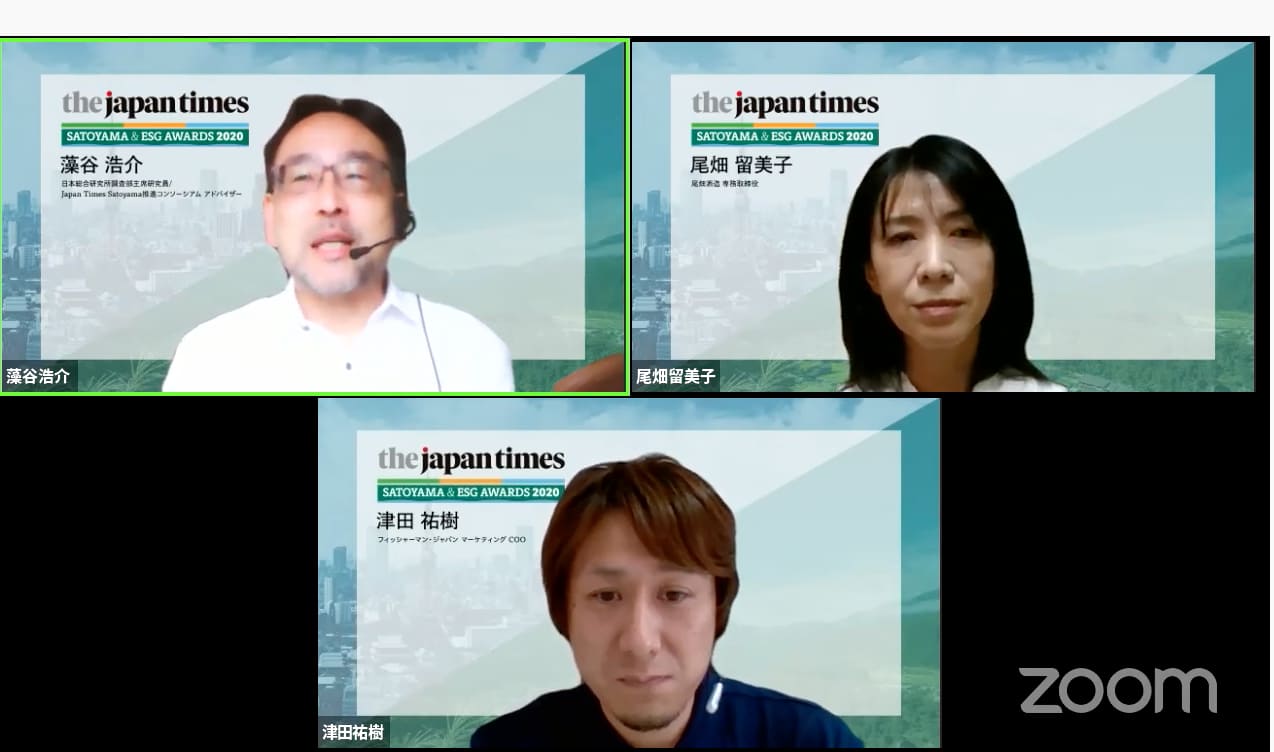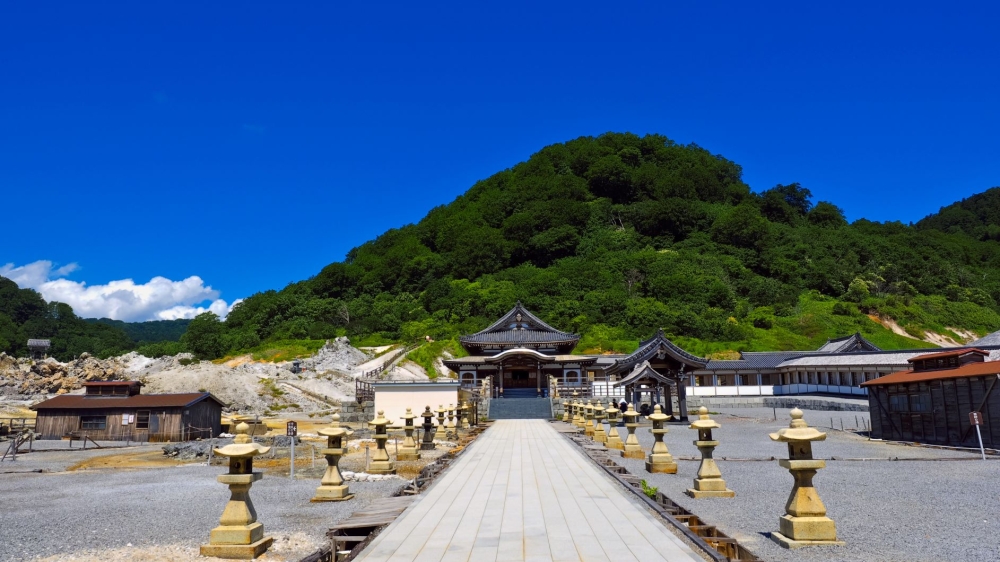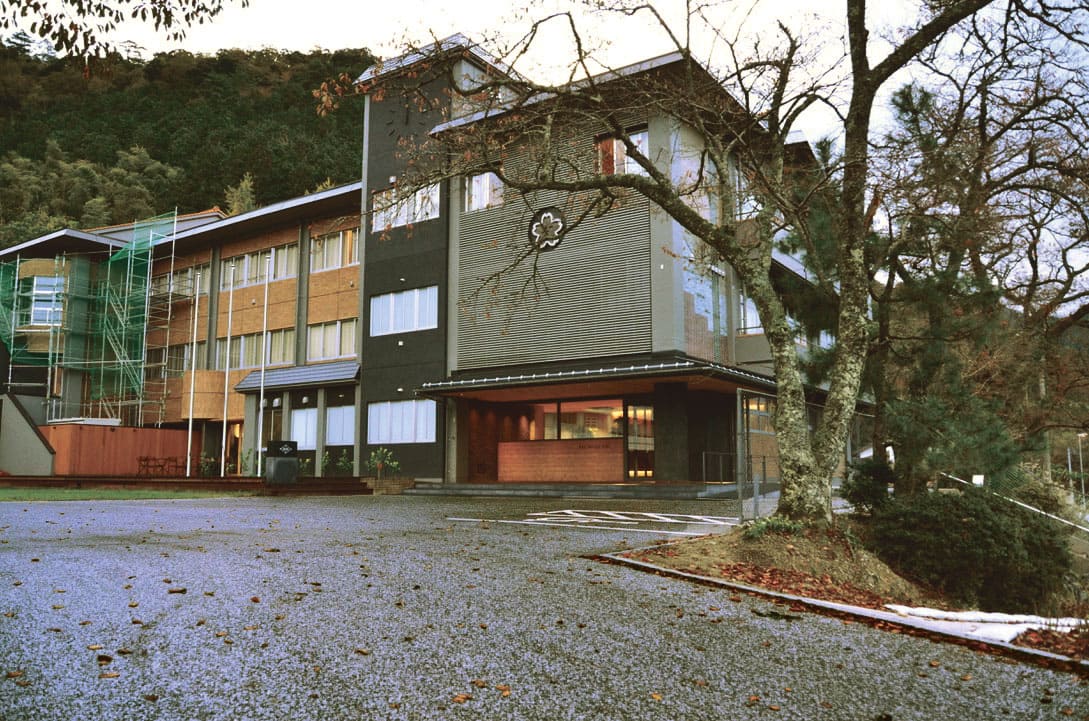November 06, 2024
【Sustainable Japan Excellence Award】Murasakino Wakuden Co. Ltd.
President, MurasAkino Wakuden Co. Ltd.
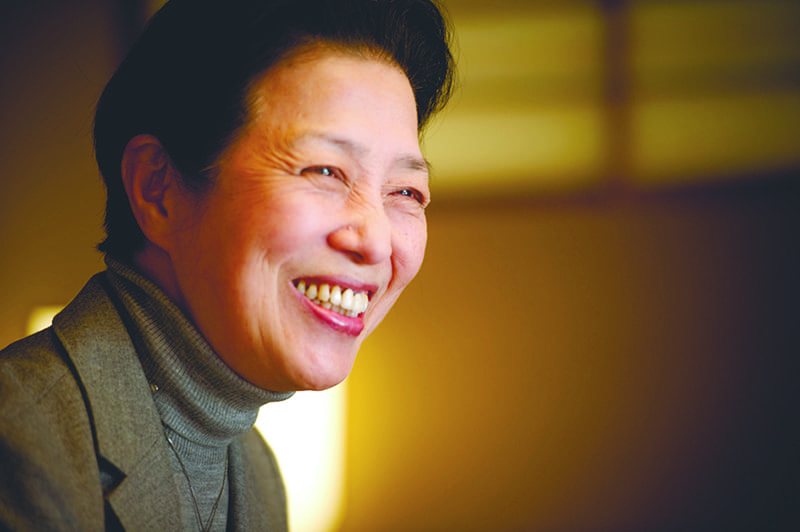
It is a little bit presumptuous of me to accept this award, but I would like to accept it respectfully on behalf of the many people who have contributed to the creation of the forest Wakuden no Mori.
Wakuden no Mori has fulfilled one of the things we have always wanted to give back to Kyotango, our hometown.
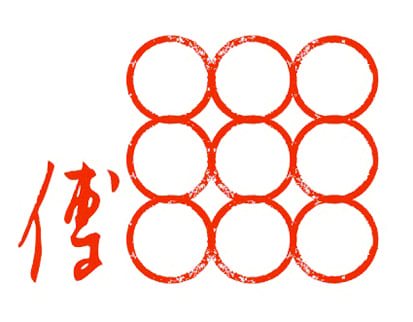
When we were looking for land for our food workshop in Kyotango, we were fortunate enough to find a vacant industrial site of 8,000 tsubo (about 1,000 square meters) in Kumihama. When I started thinking about building a workshop there and creating a forest, I learned about Akira Miyawaki, a world-renowned plant ecologist, on NHK’s “100 Minutes of Great Books” program. I immediately contacted him. Miyawaki is concerned about global warming and has created forests all over the world, including at the Great Wall of China and in the Sahara Desert. Miyawaki personally led the creation of the Wakuden no Mori forest using the “Miyawaki method,” which is based on the principle of plant competition by mixing and densely planting a number of varieties of plants native to the area.
In the first tree-planting festival in 2007, 30,000 saplings were planted, thanks to the support of 1,800 people who came from the local community and all over the country. Within five years, the forest grew at an amazing speed, and I believe that the land is happy to have given back its forest returned to a place that originally was natural.
Today’s Wakuden is the result of many important relationships with many people, connecting one by one. Thank you very much for the award you have bestowed upon us. I would like to thank everyone who has been involved with Wakuden.
Reason for the award:
Wakuden was founded in 1870 as a ryokan inn in Kyotango, facing the Sea of Japan. Due to the decline of the textile industry in the area, Wakuden relocated to Kyoto and opened a ryōtei restaurant that is also known for various side businesses and product sales, as well as for numerous chefs who have gone on to establish their own restaurants.
In 2007, with a strong desire to give back to Kyotango, its CEO started a campaign to restore a forest on the site of a dilapidated industrial park. In 2017, the industrial park was turned back into a forest, Wakuden no Mori, that was opened to the public. The vegetation’s strong roots prevent erosion and landslides, and so also have a positive impact on the sea nearby.
Architect Tadao Ando strongly sympathized with the ideas of Wakuden and built his first wooden-made museum. Wakuden held concerts to provide cultural services for local residents and revived the Isehikari rice strain, which was thought to be extinct. A food workshop and restaurant were built in the forest, creating local employment. The company has been engaged in synergistic “sixth industrialization” adding value to local foodstuffs by utilizing the Wakuden brand.
